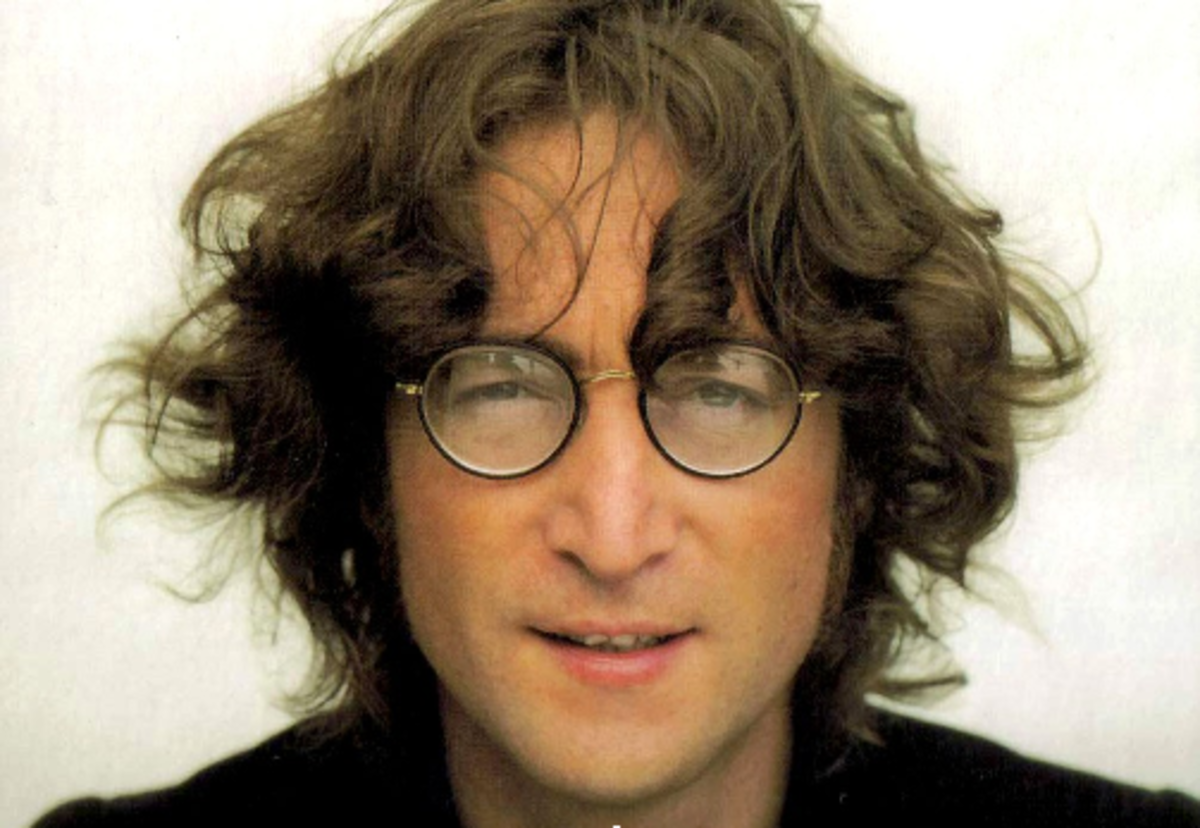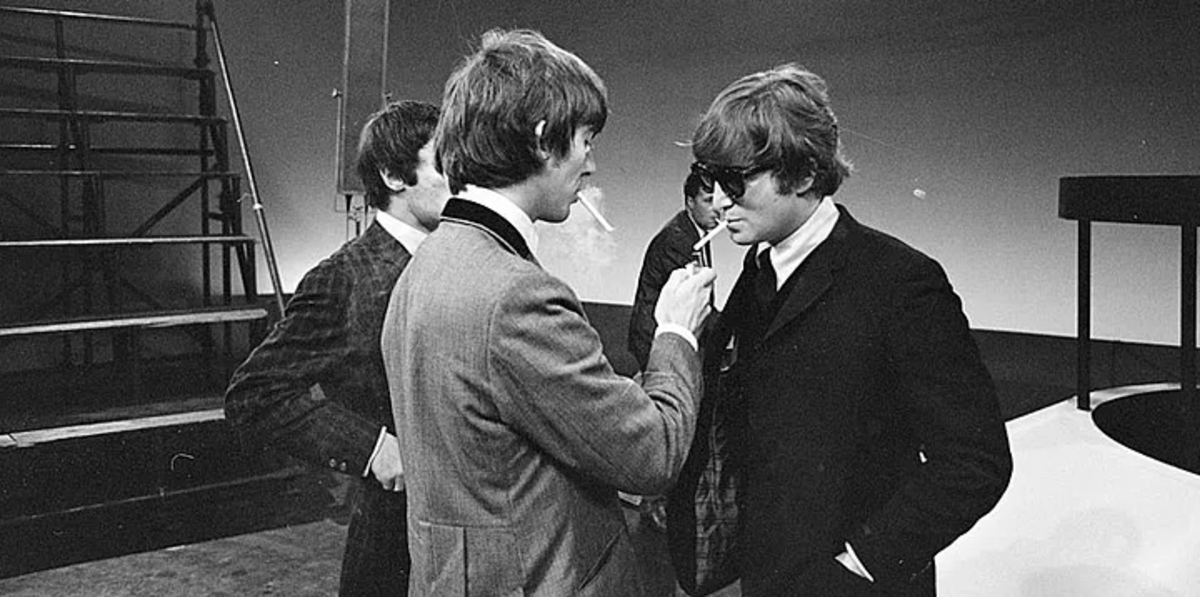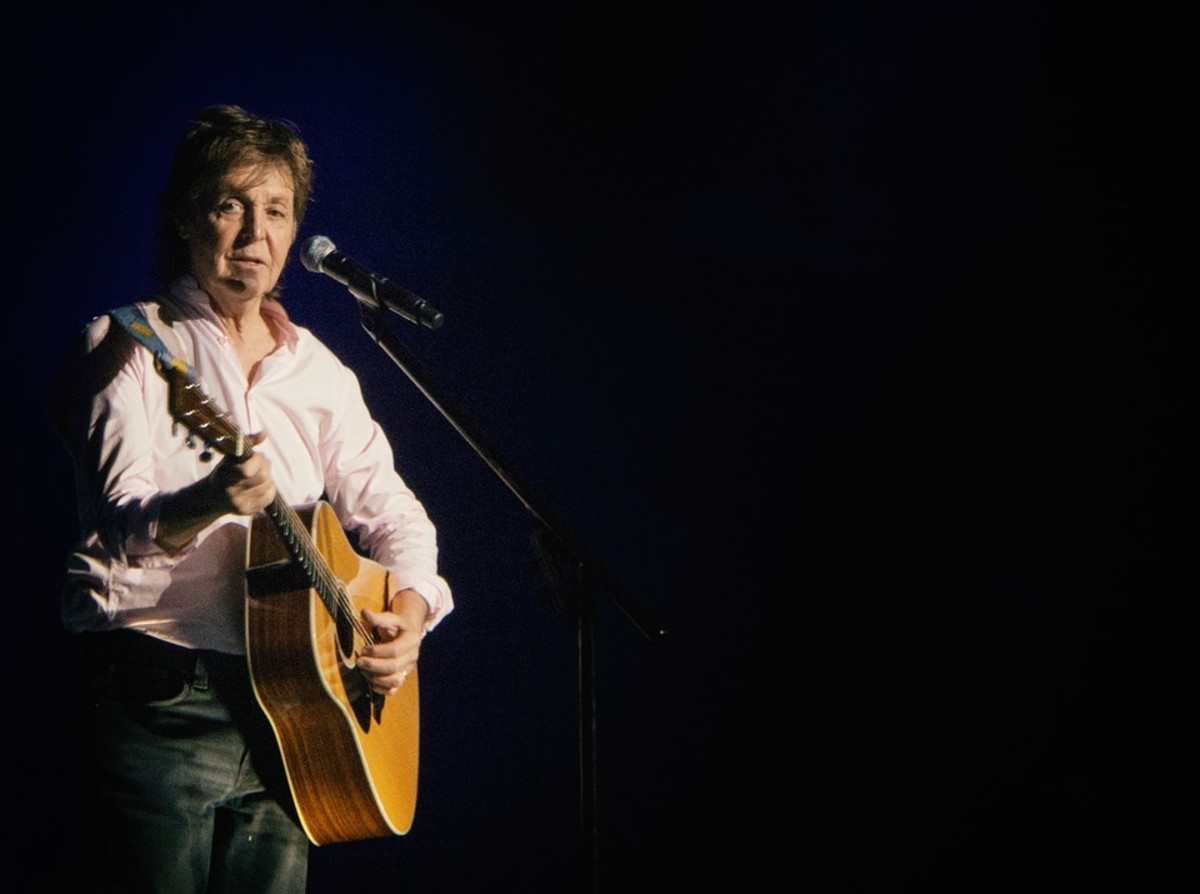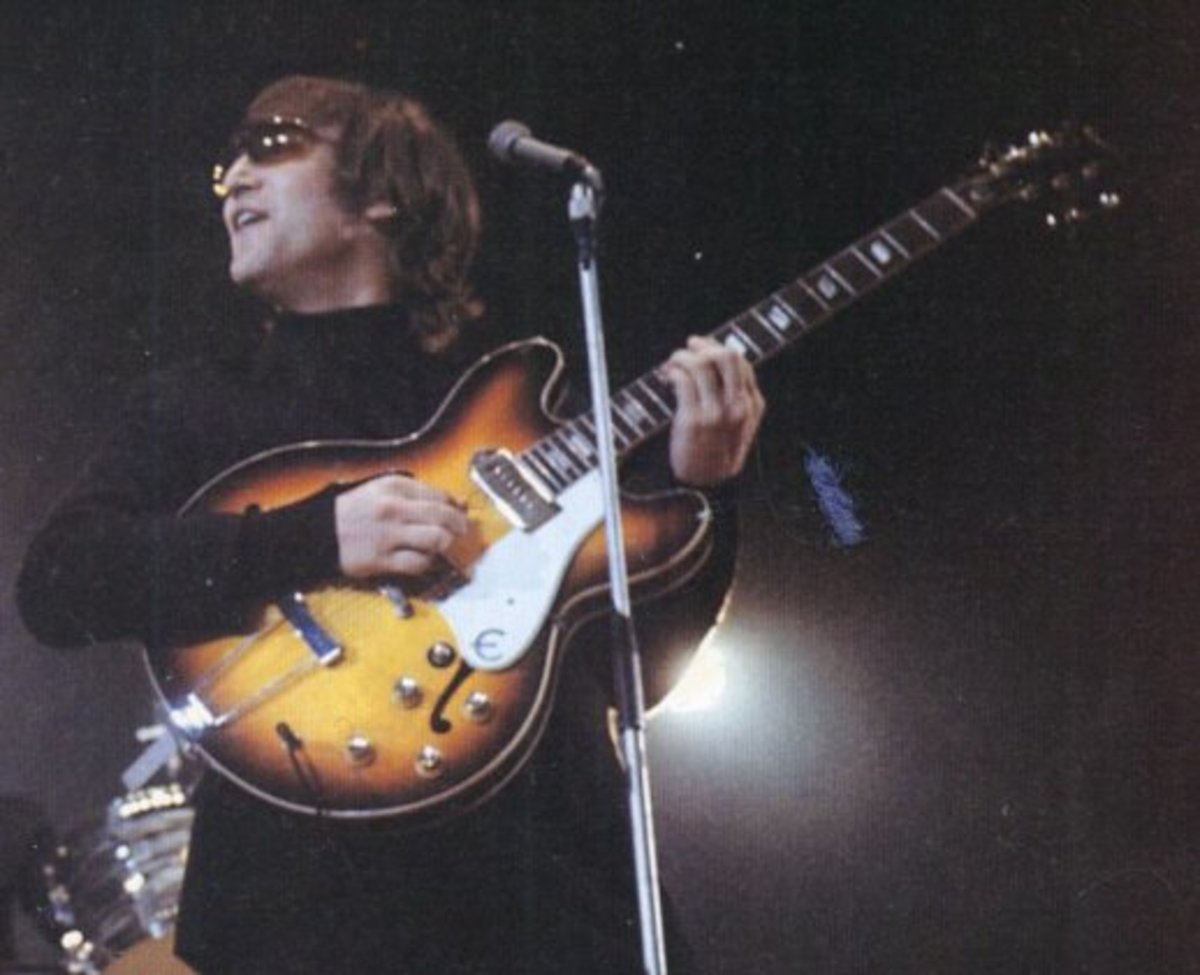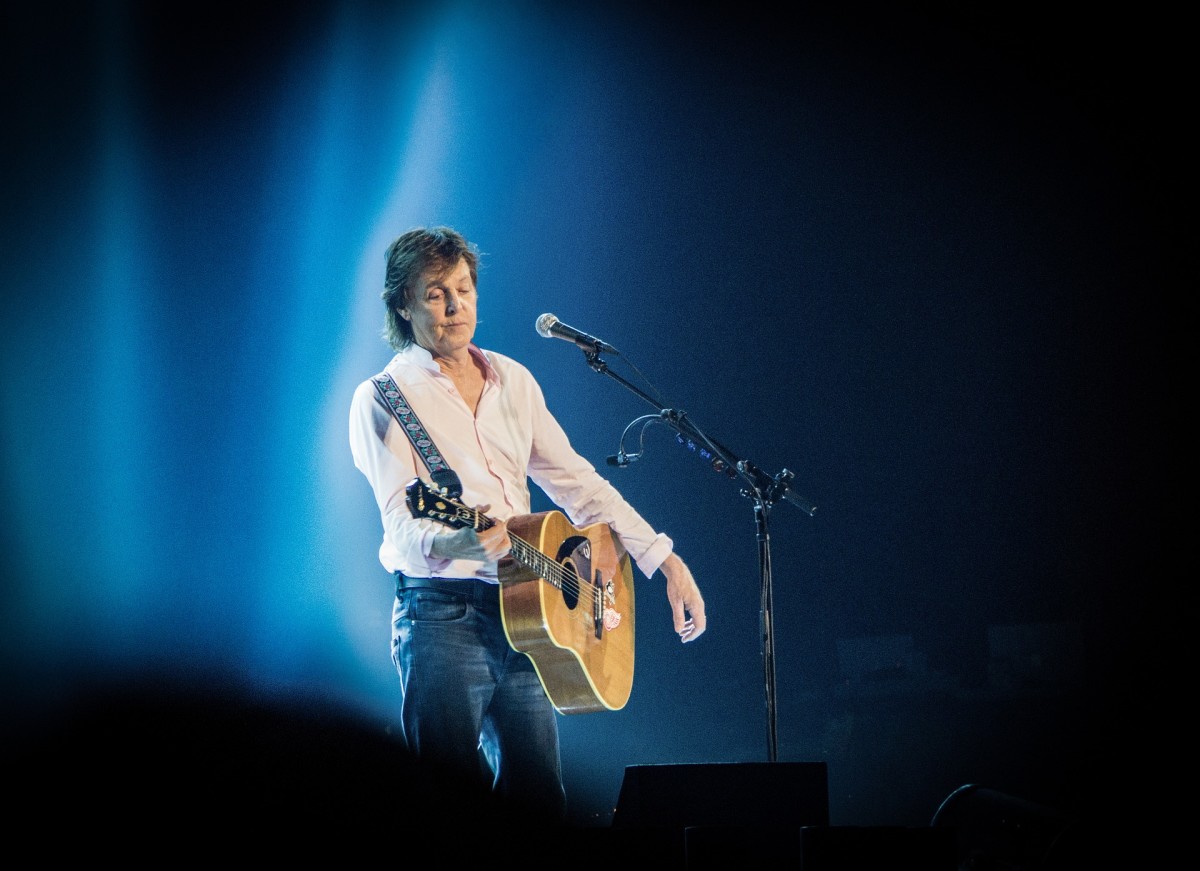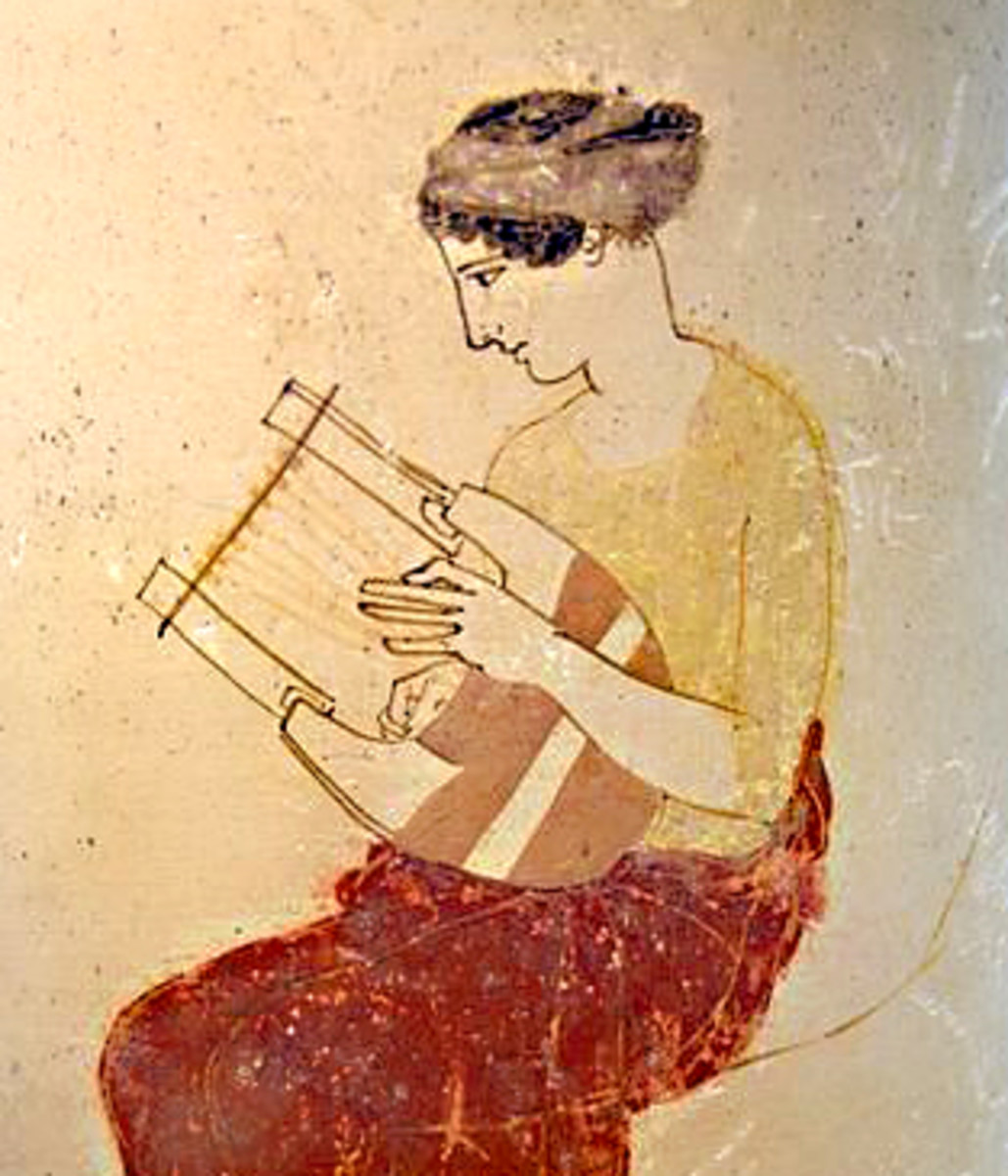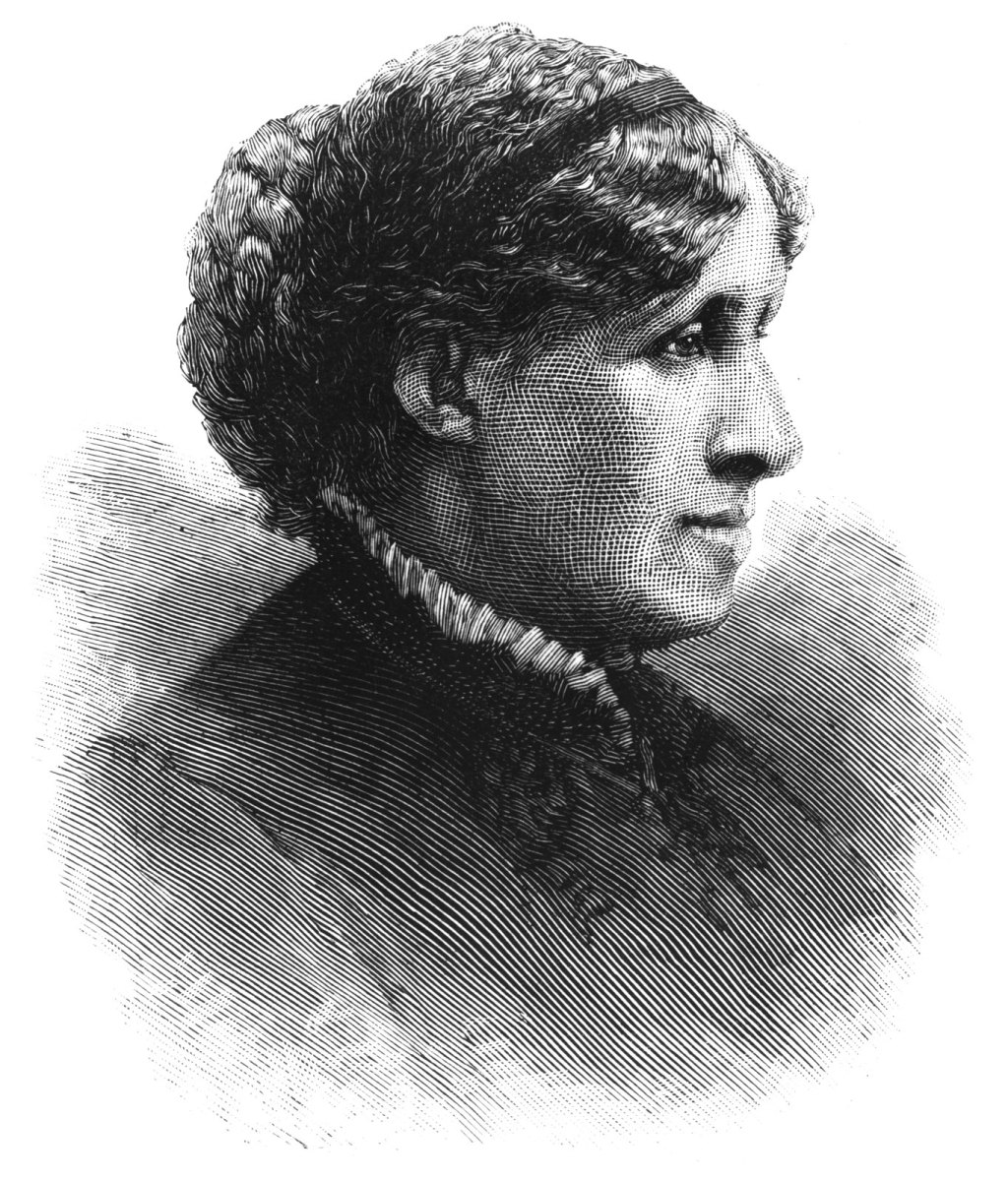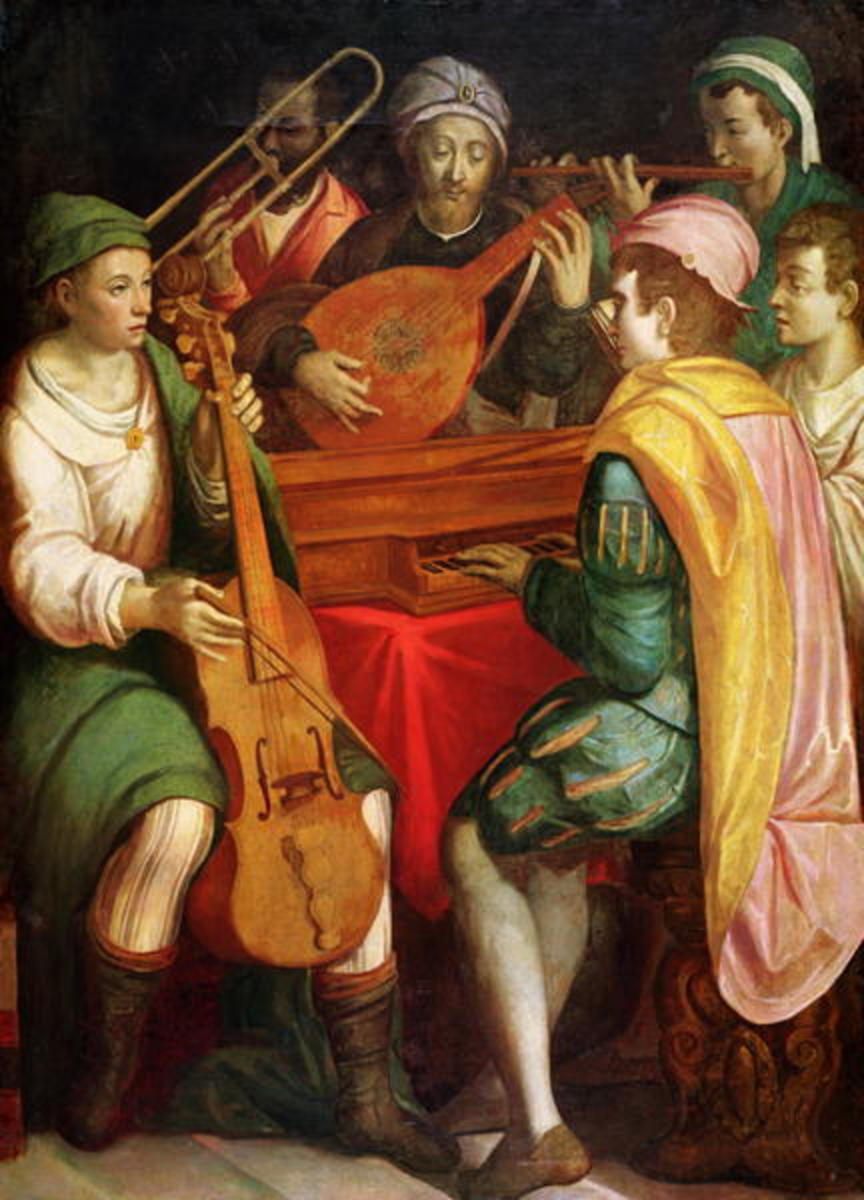The Beatles' View On Their Own Legacy
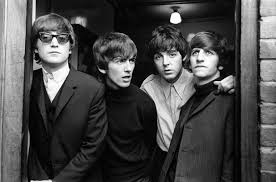
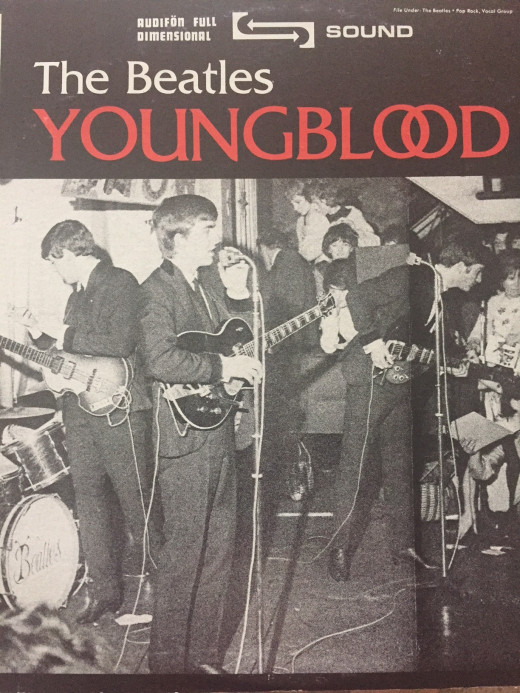
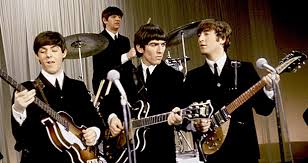
It's hard to be living legend or icon that truly shaped modern pop\rock music or in any of the creative arts. Most legends tend to be rather humble about how they have become legendary in their field. Besides the Beatles that have reached such status, Led Zeppelin, Jimi Hendrix, Michael Jackson, Beyonce, and others, still pale in the shadow of the Beatles.
But how do John, Paul, George, and Ringo see this legacy?
It would be fair to say, based on the evidence since 1970, the most pessimistic or dismissive of them was John and George. The most positive and embracing are Paul and Ringo. John was discontent with the Beatles starting in 1965 for the fame he sought, "to be greater than Elvis". In 1966, most of the beloved Revolver LP was Paul, as John was breaking away to film a movie, How I Won the War. This discontent grew until in 1969, when the group ended. George's discontent was less visible and known, but his unhappiness stemmed from being the "lesser" songwriter than Lennon and McCartney. Both of them frequently became dismissive and tired of touring, playing the same songs, having no privacy etc.
By 1979, both of them seemed to have accepted just how great they had become in terms of legacy connected with the Beatles.They were much less dismissive that they were just a rock band that "made it very, very, big". They knew that without them being in the Beatles, there might have been no legacy about them as artists at all. They probably knew that their best material was done while the band was together. The legacy of John ends in 1980, when he was murdered. So, it is hard to see how things would have been now in 2019, what material he would have produced, how he now would look back. The legacy of George ends in 2001, when lung cancer took him. George's material after the Beatles showed just how good of a songwriter he was (although, a few of the Beatles best songs, i.e., Taxman, While My Guitar Gently Weeps, showed his abilities) and how good he was as a musician. George also had produced a few movies that failed, was a member of the iconic, Traveling Wilbury's band (with Tom Petty, Bob Dylan). George's vocals were as distinctive as John's and Paul's, but had lesser range. George's dismissive views of the band seemed to be momentary when they were happening. By 1978, when watching a film of the Beatles singing, "This Boy", in 1963, George at first grinned and chuckled, poked fun at, but fought back tears. It was like he was the proud father of a child that had become famous. It was that type of emotion any parent feels about their kids. In 1994, he welcomed the Beatles' Anthology series of CD's and in the resurrection of an old Lennon song, Free As A Bird, which would be the last Beatles single to reach No.1. George was more just a "matter of fact" when asked about his legacy and the Beatles in the years before his death. He didn't minimize it, degrade it, but was contented and happy he had been part of it. He knew his legacy was in the Beatles.
Paul and Ringo since the 1980's embraced their roles and the legacy of the Beatles they had been part of. They were seldom dismissive or negative about how it was, at least, not as sour as John and George seem to be. One could say they just went with the flow of iconic fame. Like any job, there are ups and downs, and the job of forever being a Beatle was one of them. One they both accepted, unlike John, who was more bitter.
Paul's legacy is still occurring. Estimated worth is nearly $1 billion dollars, Paul at 78, still gives great concerts with his backup band. His concerts are filled with Beatle songs and some new stuff that always pales. Paul promotes the Beatles legacy willingly for he knows, like the others, his fame is that, although the McCartney brand name is established also. Of course, his legacy is his uncanny ability to create great songs. One could say, it WAS McCartney keeping the Beatles from 1966-69, together. Despite the fact that many of the great Lennon-McCartney songs were really just Paul's, Paul always honored the 1963 agreement between him and John that credits a song as a Lennon-McCartney composition.
Paul remains a living legend in the music world. But no one escapes death, and Paul knows this as it is in his song, When I Die. In the back of his mind, he knows it could come at anytime at age 78, and thus, he looks back fondly with love at the Beatles. You can tell when viewing one of the numerous interviews about the band or about John. It's like a brotherly love despite his flaws.
Ringo, 80, continues to tour with his All-Star band. Like Paul, he was never very negative or dismissive of the band during or after. Of all the Beatles, he was the least talented in songwriting, but when he sang, you knew it. He continues to be thankful for being "hired' by John in 1962 to be the band's drummer. Like Paul's creative bass playing, Ringo was a very creative drummer. Ringo's sense of comedy in what he says added to the band's charisma. When Ringo quipped the one liner, "It's been a hard day's night" in 1964, John was searching for the title to a song he and Paul had penned. John laughed at it but used it as the title track of their first movie, A Hard Day's Night. The Beatle's second movie, Help!, was all centered around Ringo and his ring on every finger. He played the comic role well.
Judging from the past evidence from the past decades, Paul and Ringo clearly embrace their legacy. Had George lived, he would be 78 now, His son, Dhani, it a great musician. I am sure whatever negative sentiments of the Beatles he might have would be minimized, if not gone. John would be 80, how John would see his legacy might still be similar to what it was in 1980. But one cannot help to think that had John lived, there would have been more Lennon-McCartney releases. John's animus toward Paul in the 70's was gone by 1975 because the two had been in LA jamming in a studio.
The Beatles legacy is one of brotherly love also. They were a family for years before they had real families broke them up. That sort of love does not fade but endures forever. Their music was their bloodline that soared them into the rock legend they will forever be.
That is why their name, their songs, will be heard long after they have died.

